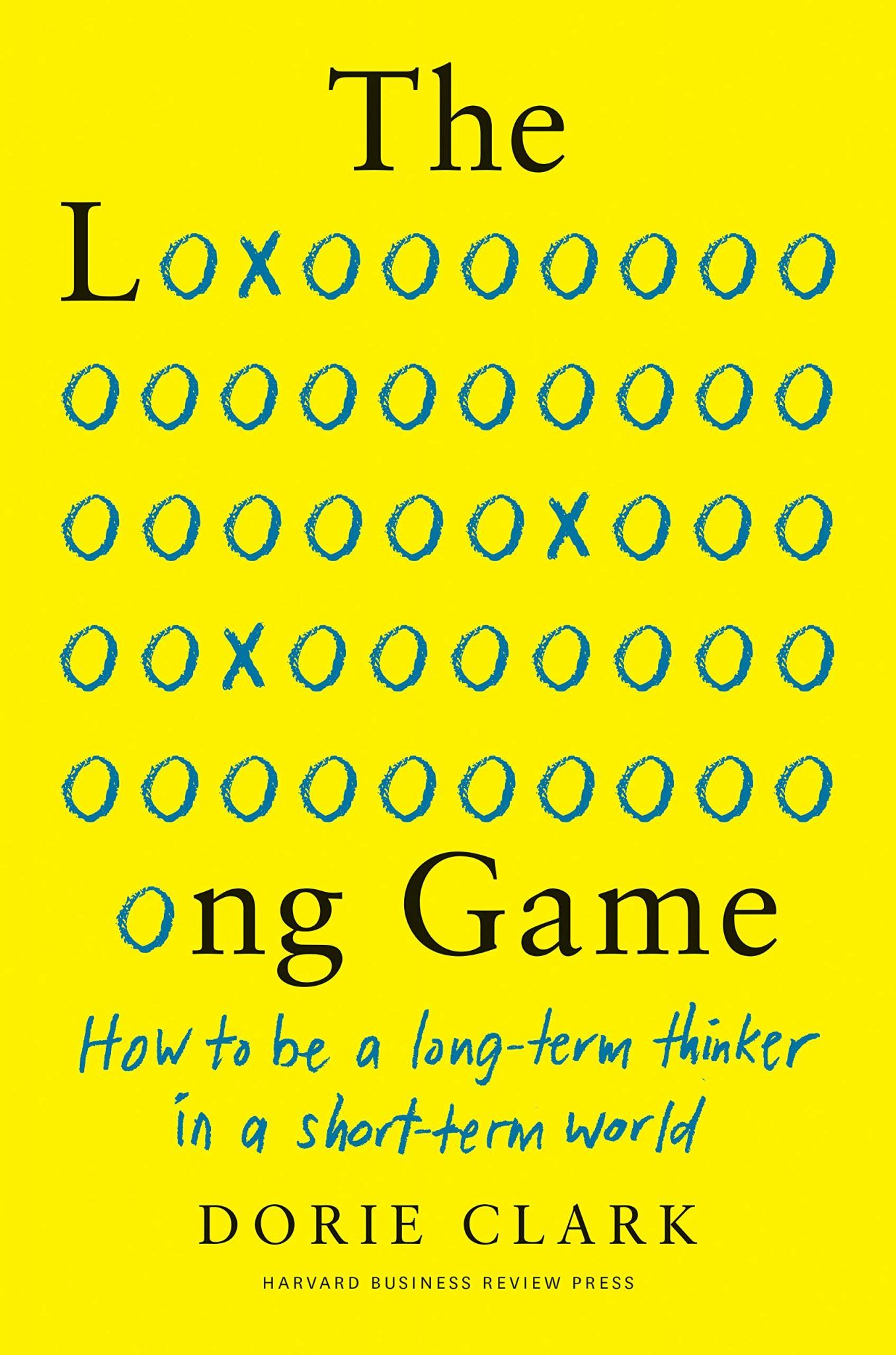The Long Game – Dorie Clark

Playing the long game—eschewing short-term gratification in order to work toward an uncertain but worthy future goal—isn’t easy. But it’s the surest path to meaningful and lasting success in a world that so often prioritizes what’s easy, quick, and ultimately shallow.
How to create the space to explore long-term goals
- Say no to short-term work that displaces more important things.
- Instead of a to-do list, use a daily calendar to organise your work.
- Use the “Hell yeah” test to figure out if something is worth doing.
- Say no to anything less than “Wow, that would be amazing!”
Persevering when progress is slow
Use strategic patience: Admit that you need work and time to progress. It often takes two to three years to gain notice in a field you’re pursuing.
When things don’t improve, ask yourself why you’re doing the thing you’re struggling with, and how it has worked for others.
- Give yourself repeated opportunities to succeed.
- Test concepts in a small way before pursuing them in a bigger way.
- Use deadlines to ensure you stay on track.
Finding strategic direction
Consider these questions to help you find strategic direction:
- What should I spend my time doing?
- What are the 20% of activities that will return 80% of the results?
- What can I stop doing?
- How can I use limitations to my advantage?
- What do I believe about the future, and how do they inform my current actions?
How to evaluate requests and opportunities
The following questions can help to assess requests and opportunities:
- What is the actual time commitment?
- What is the opportunity cost?
- What’s the physical and emotional cost?
- Would I regret it in a year if I didn’t do this?
Identify the right goals
Use the 20% time approach. Spend 20% of your time exploring new interests.
Use the infinite horizon network. It is “pure, no-agenda relationship building” that is simply out of personal interest in individuals. The idea is that you never know what could come of it.
There are four cycles in your career: learning, creating, connecting, and reaping the benefits. These cycles repeat themselves to build your strengths in several areas.
Use the “no asks for a year” strategy. When meeting someone, first establish a foundation.

